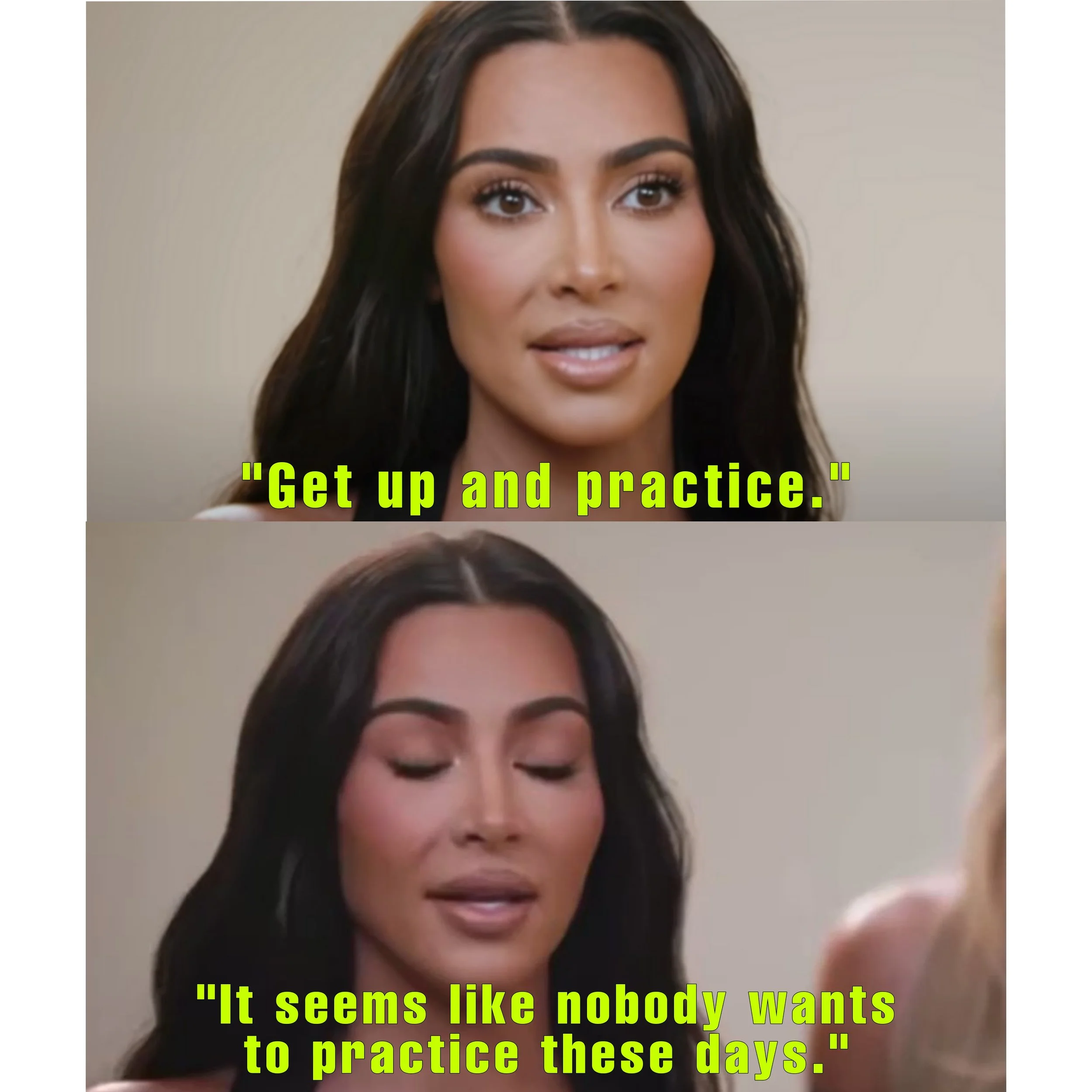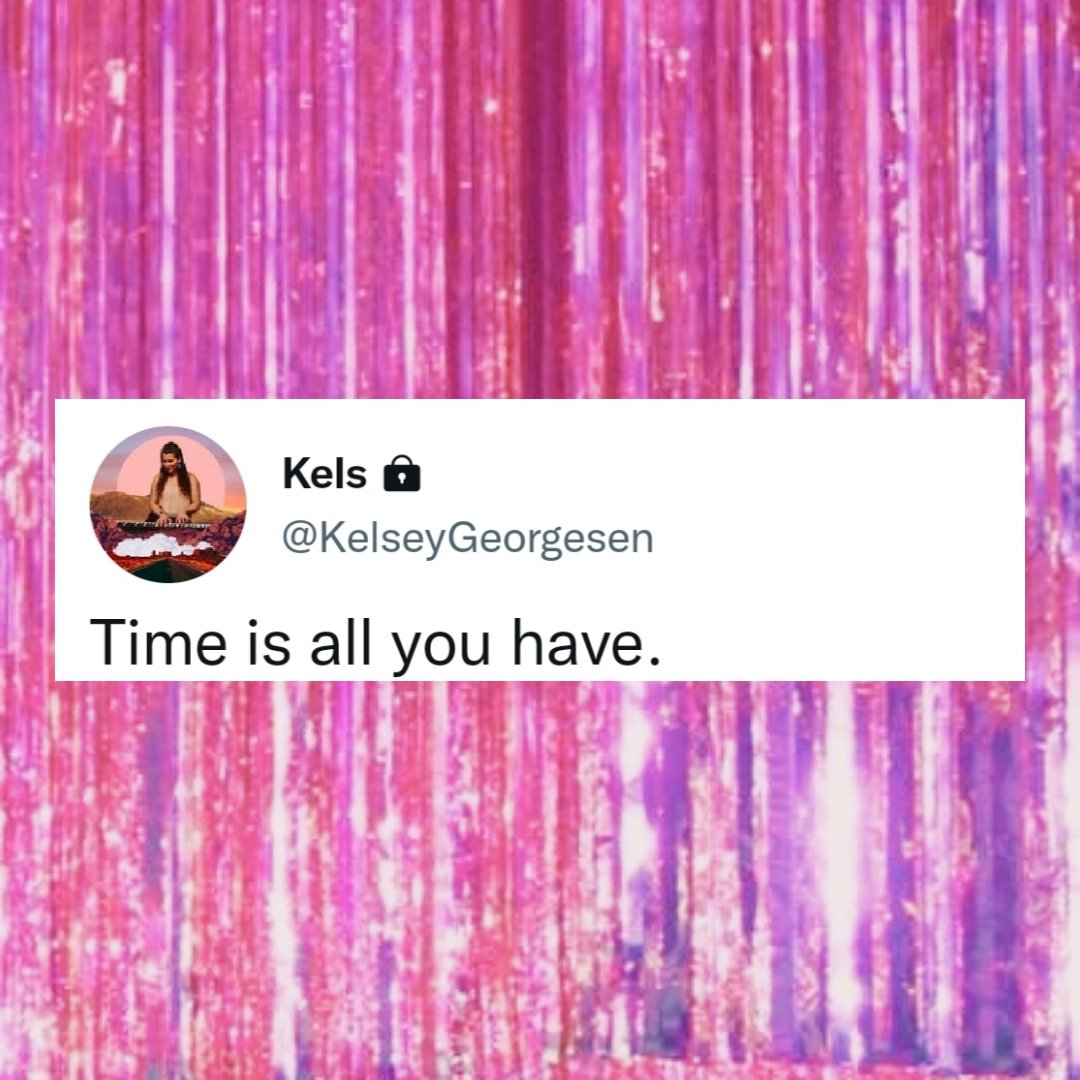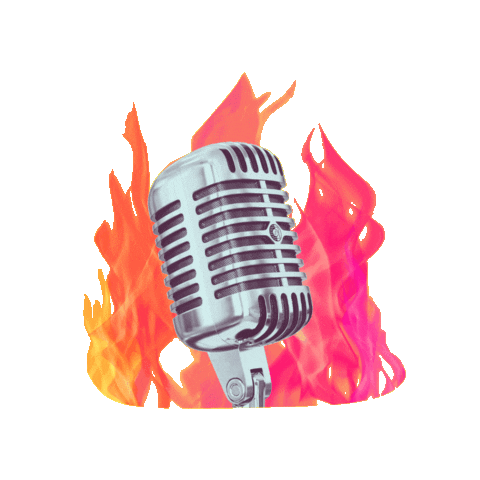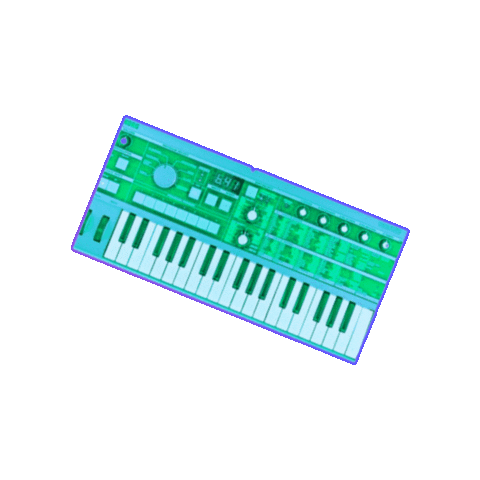Unpopular Opinion: It’s Easier to Learn Piano As an Adult
…it’s just harder to practice.
It seemed easier to practice when we were kids.
Can You Learn Piano as an adult?
A common misconception about piano is that it's easier to learn piano when you're a kid than it is to learn piano as an adult. This is why so many people ask, “Can you learn piano as an adult?” Yes, it is possible for adults to learn piano, and I believe that many people who learn piano as an adult may have a better experience because they are learning piano when they are older.
We often hear the claim that you're never too old to learn, but that belief is not modeled in our society. For some reason there's all this pressure for kids to learn things immediately and to become experts in them or to gain full proficiency when when learning something inside and out. When you're learning piano as a child, there's no guarantee that you'll have a relationship with playing piano as an adult. This is why people ask things like, “Am I too old to play piano” when of course, we know you’re not! You can learn piano at any age, in fact, it may be easier now that you are learning how to play piano as an adult. It’s important to remember that not only yes, adults can learn piano, but also adults may enjoy the process more and find themselves sticking with in in the long run.
⏳
You're never too old
⌛
to learn something new
⏳ You're never too old ⌛ to learn something new
In fact, studies of the developing brain show that our brain sifts through information when we go through puberty, and so many people who learn piano when they are long will not retain that information without continual practice. So in fact, trying to learn piano as an adult has its advantages over learning piano as a child both because when you learn piano as an adult you have fully developed as a learner, and as a person with multi-faceted interests. Here are some of the reasons that it's not too late to learn how to play piano as an adult and reasons that it may actually be better that if you learn piano as an adult and not as a child. Here are a few of the reasons that trying to learn how to play piano as an adult may be a better way for you to learn.
Having a stake in learning piano
One of the primary reasons that my working centers around teaching online piano lessons for adults is because adults know what they want to learn. If you are an adult looking to learn how to play piano, you are seeking out piano lessons for adults because you already know not only that you like music, but you know what styles music that you like, and what music would be fun to play on piano. Your personal musical interests will shaped not only how invested you are in your process to learn piano as an adult, but will also shape how you approach piano lessons for adults, and how you structure your personal goals as you learn how to play piano.
Not only can adults learn piano, but they can show personal commitment to the process of how to learn piano as an adult. A reason that many people don’t stick with piano is because they have not been an active participant in their learning experience. The best way to learn piano as an adult is to share your interests with a piano teacher for adults and to select music together that is achievable and rewarding to play.
If you're choosing to spend your time and money taking online piano lessons for adults and figuring out the best approach to learn piano as an adult, then you are not only interested in truly learning how to play piano, but you also have more at stake and more personal investment involved than a personal investment involved in a child learning how to play piano would have. Your personal decision, and commitment of time and resources is in a way a promise to yourself to meet your goals and finally learn how to play piano.
This is your brain on piano
One unexpected reason that learning piano as an adult is often advantageous is that in some ways, our body and mind are actually more prepared to learn piano as an adult, and we will retain and internalize music in a way that is unique from how we would if we were learning as a child.
When humans go through puberty, our brains undergo a process of separating and reconnecting the left and right hemispheres. A part of this process is purging skills and knowledge that are no longer relevant to our tweenage selves and connecting synapsis between segments of the brain that are useful and relevant. Many teachers and parents learning this education psychology will joke that teenagers are actually becoming stupider for a period of time, doing more unlearning that learning.
It’s true that as children we act as a sort of sponge, soaking up new knowledge and skills constantly, parroting back the world around us and learning new things beginning to end rapidly. It may seem like it’s easier for young children to learn how to play piano for this reason, but know that because children have not developed their own interests and will purge information that they don’t have a relationship with, learning piano at a young age is not often a reflection of whether that child will play piano as an adult. Because of the changes we undergo during adolescents, the saying “use it or lose it” rings especially true. Does this sound familiar to you? Did you learn how to play piano as a child, and don’t remember how to play now? Good news: it’s easier than you think to get back into it. And if you never played, remember- it’s never too late! Not only will you retain your new skills more readily than you might have as a child, it’s also going to give you something of incredible personal value in your life.
I had a student study with me few years ago who joined a group piano class for adults with the intention of relearning piano as a child. He said he once knew how to play, but swore he couldn’t remember anything! He said that he didn’t know where the keys were, or how to read music. By week 5 of this class, he reached out and said that he wouldn’t be taking the beginner piano class any longer. Why? After a few weeks of practice, all of his knowledge came flooding back to him! Now I’m not sure that this is everybody’s experience, but if this person went from forgetting everything to remembering it all, I’m sure that other people will find consistent practice as they learn piano as an adult will bring structure and ease to the process of learning how to play piano as an adult.
When I think about this process of our brains filtering out relevant information and editing it down, I wonder if as we approach old age if our brain will go through a second puberty of sorts, another division of information, filtering of what's worth keeping. Many of my adult students start learning piano as a way to keep them present and engaged with the world around them, and as a way to continue engaging their brains their creative thought and their personal independence. Learning how to play music is like learning how to speak a language, and simultaneously a new modality of creative expression. The combination of skills that we engage when we learn how to play the piano as adults can only be very good for keeping our minds present and active.
As an adult learning piano, what you learn is going to stay with you. While it may take a little longer initially to to internalize those muscle movements and the conceptual knowledge of how to play piano as an adult, once you do learn it's going to stay with you, and it will be a skill that you're able to carry forward with you in life.
Can You Become Good at Piano as an adult?
Your own personal dedication to learn piano as an adult is a double edged sword. As an adult learning piano, you are in charge of your own time and what things interest and motivate you. With planning and communication, this is nothing but a celebration of music that brings you joy, and it will feel easy to come back to playing piano again and again. However, many of us have internalized the idea that a task like practicing the piano is like a chore or menial, like homework. To commit time to play the piano, and to prioritize our own joy around learning how to play piano as an adult, we have to reframe learning the piano as something joyful and valuable.
Because as adults, our time is truly our own, but it also feels like time is never our own, we have to create dedicated routines and practices around how we learn piano as an adult. One advantage that kids learning piano do have over you is that their parents have likely established their daily routines and structures, and they are not as variable to the day to day changes that happen because adults are mitigating those situations for them. Kids have the routine of school and all of the structures surrounding that. They have their morning routines and their after school programs, evening homework routines and all of the rehearsals and practices. As adults, our regimes are a lot more in flux and entirely up to us and as things employ, as we are the ones who are expected to respond to them. This can make it harder to maintain a regular routine of practice and dedication to learn piano as an adult.
How it feels to learn piano as an adult
Celebrating your accomplishments as you learn piano will often have a performative quality to it. Oftentimes, when we learn something new as a child, we are motivated by the brief moment of praise or celebration we get as we show our new skill. We have a rush of accomplishment, and once that moment has passed it's on to the next thing. As adults, we often live with a new skill for longer before sharing it, and learning something like how to play piano as an adult can often feel deeply personal.
To learn piano as an adult isn't just about learning how to play piano, it's a celebration of our dedication to ourselves. Learning a new song on the piano really means something as an adult because means we showed up for ourselves again and again and again. We kept coming back and trying it even when it was difficult, and we feel victorious. Even as beginners learning piano we don't have to feel shame or embarrassment over this thing that we've worked so hard to do. Learning a new skill as an adult is not about the external validation when you requires children but it's about learning something to a level that it pleases yourself and that you're happy with how you've worked and grown.
Creativity in life
I’ve noticed that learning a new skill for the sake of a job gives a lot of adults an easy yes. If it helps you at work, it feels like a justification of the time and expense. Many tech companies even have creative stipends just for this purpose, which can pay for your piano lessons for adults.
If you work a job that leaves no room for creative expression, it’s really important for have a creative outlet outside of work! I'm going to be honest, I've found some of my most inspired energy outside of some of the most mundane jobs. It's like all of that creative goodness gets saved up and you NEED somewhere for it to go! Creative outlets disguise themselves as all sorts of things. I've seen food and gardening function as a creative outlet for the weeknights and weekends. Sometimes it's helpful to take a class in something expressive, other times just dabbling in it alone is just as therapeutic.
When you work a job that doesn't leave room creative expression, it's vital to seek that out on your own, for yourself. But when you work a job that requires you to be creative, it's just as important to recharge, and engage with creativity in a personal way, for your own expression and continued growth. If your company has this perk... use it! Let them pay for your continued growth and personal play time!
When is the last time that you chose to invest in yourself? Just you, not the version of you that is working, not to please someone else? Sometimes I feel like there's not enough time to keep learning and growing while also doing all of the other things life requires of us. How are you investing in yourself right now?
Choosing to take a risk
Learning piano as an adult can feel really intimidating. Making yourself vulnerable enough to take piano lessons for adults can seem weird, and unfamiliar. But if you trust yourself and recognize that you deserve joy, you can have these connections. You can choose creativity, joy, and play.
Are you ready to Learn piano?
F.A.Q. About Learning Piano as an Adult
-
Of course! The old adage, “you’re never too old” especially rings true in learning piano. As an adult, you have context and personal motivation that children don’t have, which will make your piano learning process quick and rewarding.
-
Of course you can, but also… does it matter? Learning piano is amazing because you get to grow in a new skill and engage with joy and creative play while you do it. You will probably get really good at piano, but you’ll enjoy it so much that it won’t matter how good you are.
-
Of course! Adults can start to learn piano at any age. Thirty is a great time to start!
-
No way! Starting to learn piano as an adult allows you to understand everything you are learning in detail, and sets you out on a solid foundation.
-
Absolutely! This is a great way to build a new routine in your life and engage with a new creative skill.
-
There’s never a better time! At 60, you know exactly what you want to learn and how you structure your time best. This makes it easy to integrate a new skill and keep yourself active and engaged in learning something new.







